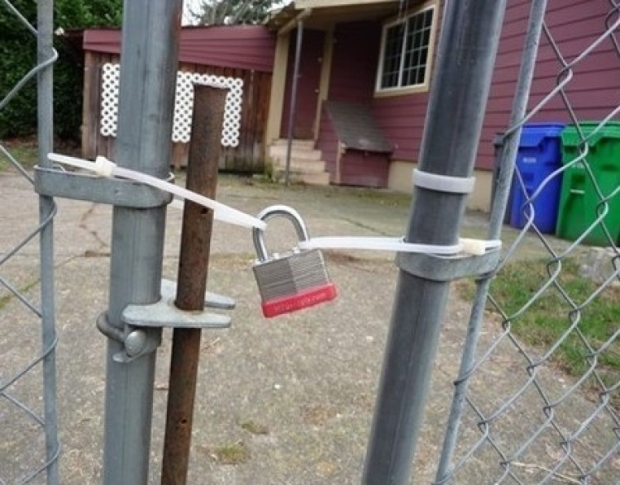More than 70 IT security and privacy academics are warning about the damage the UK's Online Safety Bill unless it's amended to ensure it does not undermine strong encryption.
Affiliated security and privacy researchers have warned the draft legislation poses a stark risk to essential security technologies that are routinely used to keep digital communications safe.
"As independent information security and cryptography researchers, we build technologies that keep people safe online. It is in this capacity that we see the need to stress that the safety provided by these essential technologies is now under threat in the Online Safety Bill," the academics warn, echoing concerns already expressed by end-to-end encrypted comms services such as WhatsApp, Signal and Element -- which have said they would opt to withdraw services from the market or be blocked by UK authorities rather than compromise the level of security provided to their users.
"We understand that this is a critical time for the Online Safety Bill, as it is being discussed in the House of Lords before being returned to the Commons this summer. Our concern is that surveillance technologies are deployed in the spirit of providing online safety. This act undermines privacy guarantees and, indeed, safety online."
The academics, who hold professorships and other positions at universities around the country -- including several Russell Group research-intensive institutions such as King's College and Imperial College in London, Oxford and Cambridge, Edinburgh, Sheffield and Manchester to name a few -- say their aim with the letter is to highlight "alarming misunderstandings and misconceptions around the Online Safety Bill and its interaction with the privacy and security technologies that our daily online interactions and communication rely on."
"There is no technological solution to the contradiction inherent in both keeping information confidential from third parties and sharing that same information with third parties. The history of 'no one but us' cryptographic backdoors is a history of failures, from the Clipper chip to DualEC. All technological solutions being put forward share that they give a third party access to private speech, messages and images under some criteria defined by that third party," the experts say.

